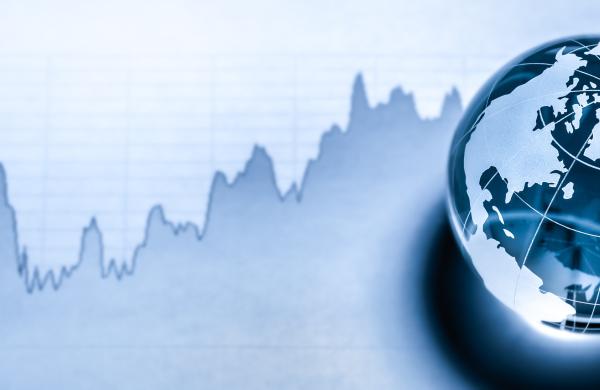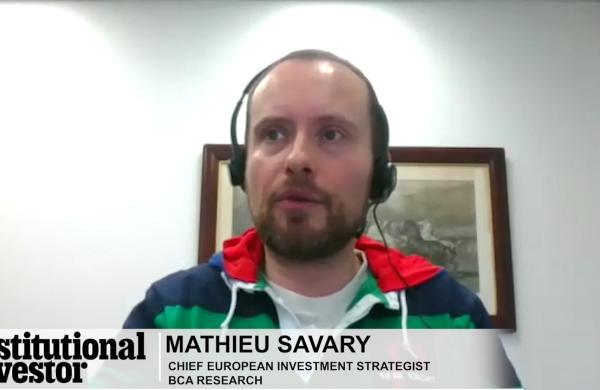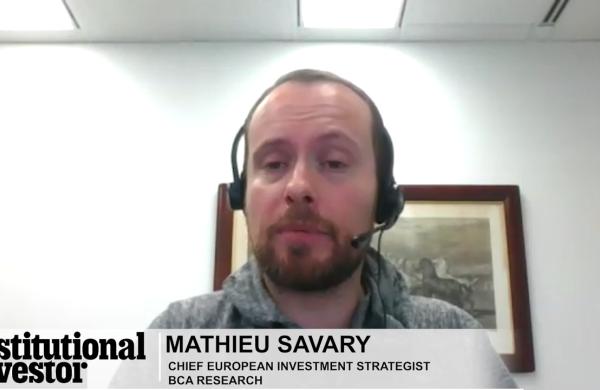Iceland may boast the United Nation’s highest ranking for human development, but the North Atlantic island nation is developing a more-dubious reputation as the country hardest hit by the global credit meltdown.
“It’s extremely fragile,” says Elisabeth Gruié, an emerging-markets currency strategist with BNP Paribas in London. “It’s one of the most vulnerable countries amidst the credit crunch, and it will remain extremely exposed to any developments given the banking sector’s exposure.” Iceland’s three biggest banks — Kaupthing Bank, Landsbanki and Glitnir Bank — have a higher proportion of debt than almost any other bank in the world, says Gruié. This has sent the krona into a downward spiral — it fell to as low as 79.10 to the dollar last month from 62.58 at the end of 2007, before recovering slightly — and the banks’ credit default swap spreads soaring.
Iceland’s banks, which account for 10 percent of GDP, launched an aggressive international expansion in recent years, leaving the country’s external financing requirements “uncomfortably high,” says Venla Sipila, senior economist for Europe with research firm Global Insight’s Country Intelligence group. Kaupthing’s CDS rate, the cost of insuring the bank’s debt against default, was 745 basis points early this month, compared with 57 for Barclays Bank and 62.5 for Deutsche Bank, according to data provider CMA DataVision. “The prime minister said the banking credit defaults were completely out of line,” Sipila says from London. “They are wide — hugely wide — but that’s a reflection of the considerable risk. I do feel it’s justified.” Officials from Iceland’s top three banks could not be reached for comment.
Prime Minister Geir Haarde, in New York in early March for the Icelandic-American Chamber of Commerce annual conference, offered assurances that his country’s $16 billion economy and its lenders can handle the turmoil. “Our banks are well positioned,” Haarde told Institutional Investor. “Their profitability has been very high, their capital ratios are very high, and they have been raising their deposit ratios. Also, they have passed with flying colors all the stress tests that have been put to them by our financial supervisory authority.”
Sipila questions those tests. The crisis highlights the government’s need to “better deal with the underlying imbalances and dependencies that still constrain Iceland’s financial stability and creditworthiness,” she notes.
But Haarde says the government and central bank “have the resources at their disposal to fend off a liquidity crisis, protect depositors and avoid disruptions in the payments systems,” if necessary. Interest rates in Iceland are about 15 percent, among the highest in the industrialized world. Inflation hit 8.7 percent in March, well above the central bank’s 2.5 percent target. The banks are retrenching. In late January, Kaupthing canceled its $4.4 billion bid for Dutch investment bank NIBC Holding. And in early April, Standard & Poor’s cut its outlook for Iceland’s single-A-plus sovereign credit rating to negative.
The government’s efforts to stabilize the economy include opening parts of Iceland’s funded health care system up to private players. Haarde says he also plans to cut corporate taxes from 18 percent to 15 percent later this year. Iceland’s net public sector debt is forecast to fall to 6.3 percent of GDP this year from 7.6 percent in 2007. “We’re going through some turbulence at the moment,” says Haarde. “My point is that the fundamentals are very good.”





